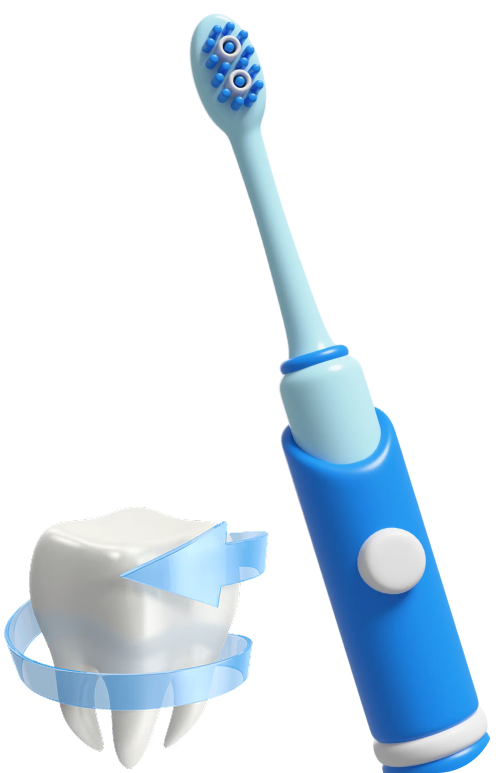Did you know that there are 221,000 dental hygienists in the United States? We are here to outline what a dental hygienist is, what their role involves, and the advantages of following the career path.
What is a Dental Hygienist?
A registered dental hygienist plays an essential role in providing oral health care and preventative treatment. They will work alongside a dental specialist or a dentist to provide therapeutic services and offer oral hygiene tips.
What Does a Dental Hygienist Do?
One of the main duties of a dental hygienist is to provide preventative dental care, which includes:
- Removing plaque and tartar
- Taking dental x-rays
- Examine for signs of oral disease
- Removing stains
- Use fluoride to protect teeth
- Advise dentists of potential dental issues
In addition to all the above, they will also offer their advice on following a proper oral hygiene routine. This may include explaining the different types of toothbrushes, flossing techniques, or how maintaining a good diet is essential for your oral health.
What Are the Advantages of Being a Dental Hygienist?
Following a career path to becoming a dental hygienist is an attractive choice for anyone who sees themselves in a hands-on role that helps people maintain excellent oral health. Here are some more reasons why this career may be a great choice:
Competitive Salary
One of the biggest questions people ask when considering a new career is your salary expectations. While your salary will depend on your location and experience, the average median salary for a dental hygienist is $74,820 per year.
Flexible Work Schedule
A concern for many people is whether they will be able to have a good work-life balance. The great thing about being a dental hygienist is that you can choose to work full-time or part-time. Many dental hygienists work just a few days a week to fit their working hours around their personal life.
Improve the Health of Others
If you’re looking for a role where you can offer services that can improve people’s oral health, this would be a great option. When a patient has poor oral health, it can lead to serious oral health problems. A dental hygienist’s rewarding role will directly impact others’ health and help put a smile back on their faces!


















